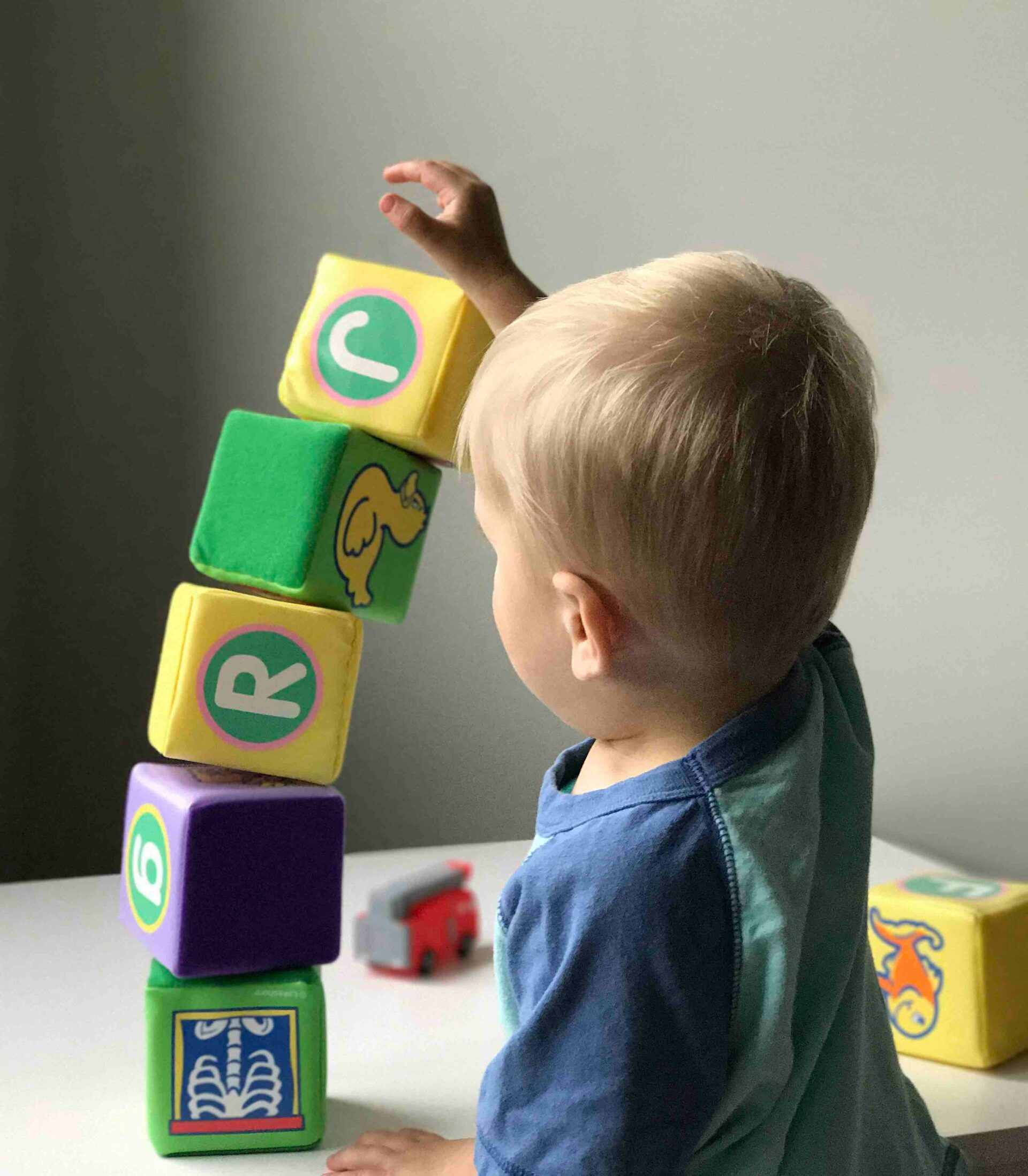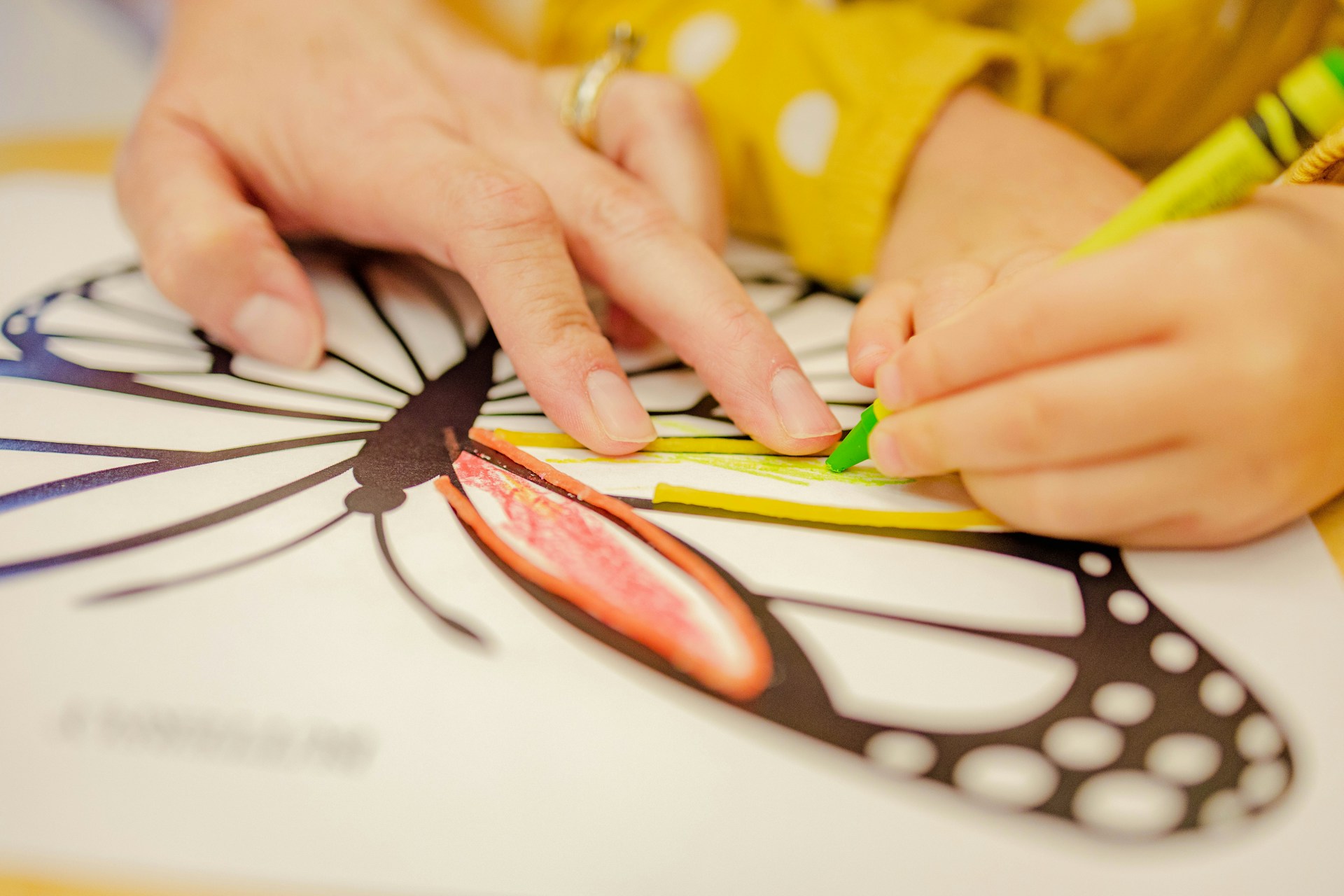A role as a nursery nurse, or nursery teacher, is rewarding and involves a combination of childcare and education.
With the right skills, qualifications and dedication, a nursery nurse has the potential to not only shape the early educational experiences of children but also the chance to grow their career within early childhood education.
A nursery nurse is responsible for teaching and developing babies and children up to five years old. They supervise preschool activities, provide parents with progress reports and prepare lunches for the children. This can be a perfect role for you if you’re passionate about young children and their education.
Learn more about the role of a nursery nurse including their responsibilities, salary expectations, career opportunities and the required qualifications, education and experience for the position.










